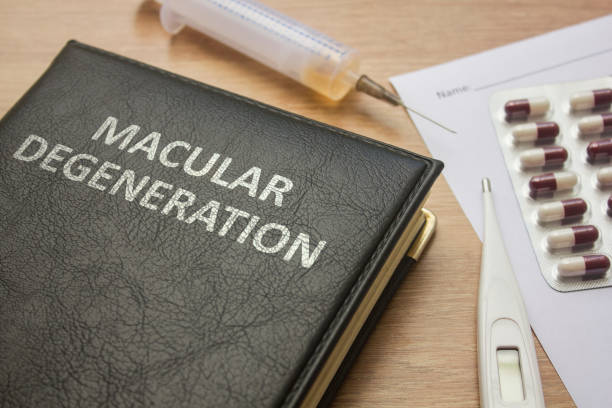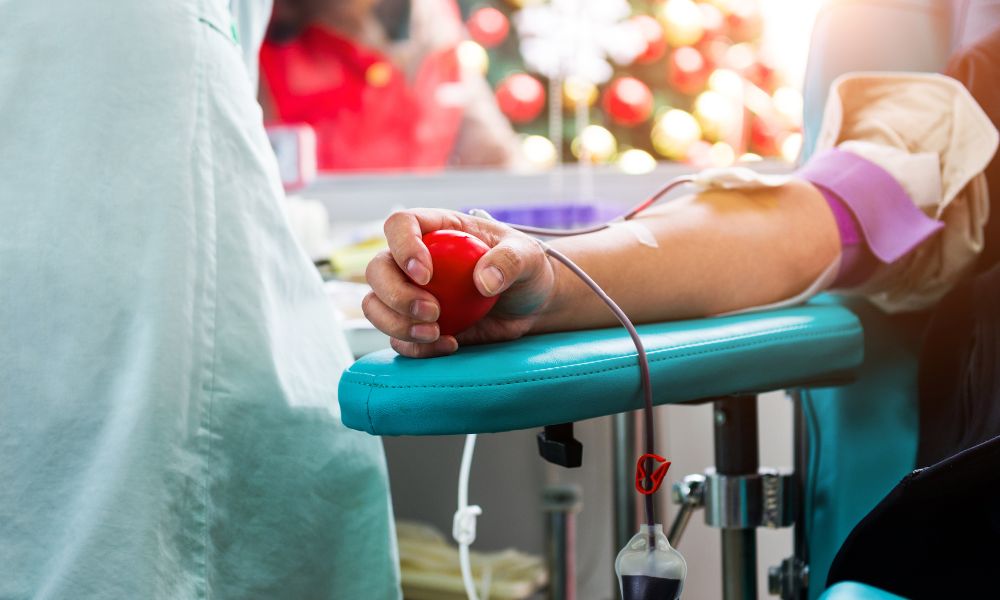Macular degeneration, also known as age-related macular degeneration (AMD), is a common eye condition that affects millions of people worldwide. It is the leading cause of vision loss in individuals over the age of 50. This article provides an in-depth look at macular degeneration, including its causes, symptoms, types, and available treatments.
What is Macular Degeneration?
Macular degeneration is a progressive eye disease that damages the macula, a small central part of the retina responsible for sharp, central vision. The macula allows us to see fine details and perform activities like reading, driving, and recognizing faces. When the macula deteriorates, central vision becomes blurry or distorted, making these tasks difficult.
Types of Macular Degeneration
There are two main types of macular degeneration:
- Dry Macular Degeneration: This is the most common form, accounting for about 80-90% of AMD cases. It occurs when the macula thins over time as part of the aging process. Tiny clumps of protein, known as drusen, form on the macula, leading to gradual vision loss.
- Wet Macular Degeneration: Although less common, wet AMD is more severe. It happens when abnormal blood vessels grow under the retina and leak fluid or blood, causing rapid damage to the macula. This type often leads to more significant vision loss compared to dry AMD.
Causes and Risk Factors
The exact cause of macular degeneration is unknown, but several risk factors have been identified:
- Age: The risk of AMD increases significantly with age, particularly in individuals over 50.
- Genetics: A family history of AMD can increase the likelihood of developing the condition.
- Smoking: Smoking is a major risk factor and can double the risk of AMD.
- Race: Caucasians are more likely to develop AMD than people of other races.
- Obesity and Poor Diet: Obesity and diets high in saturated fats can contribute to the development of AMD.
- High Blood Pressure and Cardiovascular Disease: These conditions can also increase the risk of macular degeneration.
Symptoms of Macular Degeneration
In the early stages, macular degeneration may not present any noticeable symptoms. As the disease progresses, symptoms become more apparent and can include:
- Blurry or fuzzy vision
- Difficulty recognizing faces
- Dark or empty areas in the center of vision
- Distorted vision, where straight lines appear wavy
- Decreased brightness or intensity of colors
Diagnosis of Macular Degeneration
Macular degeneration is typically diagnosed through a comprehensive eye examination that includes the following tests:
- Visual Acuity Test: Measures how well you see at various distances.
- Dilated Eye Exam: Allows the eye doctor to examine the retina and macula for signs of AMD.
- Amsler Grid: A tool used to detect vision changes such as wavy or blurred lines.
- Optical Coherence Tomography (OCT): Provides detailed images of the retina to detect any abnormalities or fluid buildup.
Treatment Options
While there is no cure for macular degeneration, several treatment options can help manage the condition and slow its progression:
For Dry AMD:
- Lifestyle Changes: Adopting a healthy diet rich in leafy greens, fish, and nuts can support eye health. Quitting smoking and managing underlying conditions like hypertension can also help.
- Vitamins and Supplements: The AREDS (Age-Related Eye Disease Study) formula, which includes vitamins C and E, zinc, copper, and beta-carotene or lutein and zeaxanthin, has been shown to reduce the risk of advanced AMD in some patients.
For Wet AMD:
- Anti-VEGF Injections: Medications like ranibizumab (Lucentis), aflibercept (Eylea), and bevacizumab (Avastin) are injected into the eye to reduce the growth of abnormal blood vessels and slow vision loss.
- Photodynamic Therapy: A light-sensitive drug is injected into the bloodstream and activated with a laser to destroy abnormal blood vessels.
- Laser Surgery: High-energy laser beams are used to destroy abnormal blood vessels. This method is less common due to the risk of damaging healthy tissue.
Living with Macular Degeneration
Coping with macular degeneration can be challenging, but several strategies can help maintain independence and quality of life:
- Low Vision Aids: Magnifying glasses, special lenses, and electronic reading devices can assist with daily tasks.
- Adaptive Technologies: Screen readers and voice-activated devices can help manage household tasks and stay connected.
- Support Groups: Joining support groups or counseling can provide emotional support and practical advice for living with vision loss.
Conclusion
Macular degeneration is a serious condition that can significantly impact quality of life. Understanding its causes, symptoms, and treatment options is crucial for managing the disease effectively. Regular eye exams and adopting a healthy lifestyle can help detect AMD early and slow its progression, preserving vision for as long as possible.





